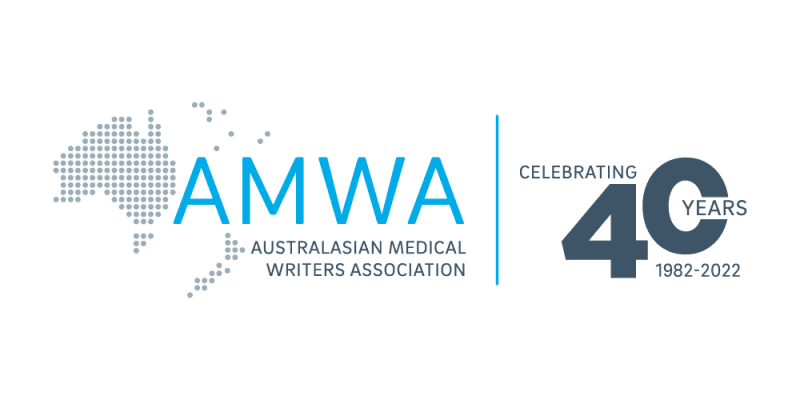Michael Molloy Bland

Where can we find you online? https://www.linkedin.com/in/michael-molloy-bland-76522a40/?originalSubdomain=nz
1. Brief description of what you do
I am a Scientific Director in the Melbourne office of Oxford PharmaGenesis (working remotely from New Zealand). This role mainly involves overseeing strategy and content development for scientific publications across several client accounts.
2. What led you to become a medical writer?
During my PhD I realised that I enjoy learning and writing about science far more than I enjoy doing lab work. Despite this, I managed to complete my PhD. About a year into my postdoctoral research, I came across an email from Peter Llewellyn (NetworkPharma Ltd) advertising a networking event with representatives from local medical communications agencies. Sensing an opportunity to leap from academia into medical writing, I dusted off (and tailored) my resume and headed to the event, where I met Chris Winchester from Oxford PharmaGenesis UK (a team leader at the time, but now CEO of the company). The rest, as they say, is history.
3. What do you enjoy most about being a medical writer?
I am the most content when I am writing. However, you get fewer opportunities to ‘own’ your own projects as you progress up the career ladder. A close second in terms of enjoyment is being able to provide a meaningful contribution when reviewing my colleagues’ work and watching writers progress in their abilities over time. I also get a particular kick out of that moment when you manage to obtain a deeper understanding of a topic. From that point on, I find the writing becomes far more instinctive and rewarding.
4. What has been one of your career highlights as a medical writer and why?
During my career, I have contributed to the development of numerous narrative and systematic review publications. I really enjoy these projects and have been privileged to co-author several such articles because my contributions went beyond standard writing support. I think this is also indicative of the ethos and calibre of the company I work for.
5. What has been one of the greatest challenges for you as a medical writer and how have you addressed this?
Time management is always a challenge. There is no universal law stating that the amount of stuff that will come your way is going to fit neatly within a standard working week. It can also be incredibly hard in this industry to judge how long a certain project will actually take. I have addressed this (to the degree possible) by regularly pausing, thinking and adjusting. With experience, I also think you develop an instinct for when things are in hand and (more importantly) when they are not. Another challenge is imposter syndrome, which I think I will always suffer from to some degree. However, I’ve recently decided that this is actually a strength. It keeps you on your toes and ensures you don’t take things for granted. I think overconfidence is a clear sign that you probably know less than you think you do.
6. What advice would you give fellow writers or people considering a career in medical writing?
I think my biggest tip would be to invest time in trying to understand (within reason) what it is you are writing about. In particular, I think a fundamental knowledge of different study designs and evidence types, and where these fit together to support the evidence profile of a drug, will give you a great head start as a medical writer.
7. What led you to join the AMWA exec committee?
I attended my first AMWA congress in Auckland in 2023. I saw some excellent presentations and talked to some great people. Before I knew it, I was invited to join the AMWA committee, and I accepted!
